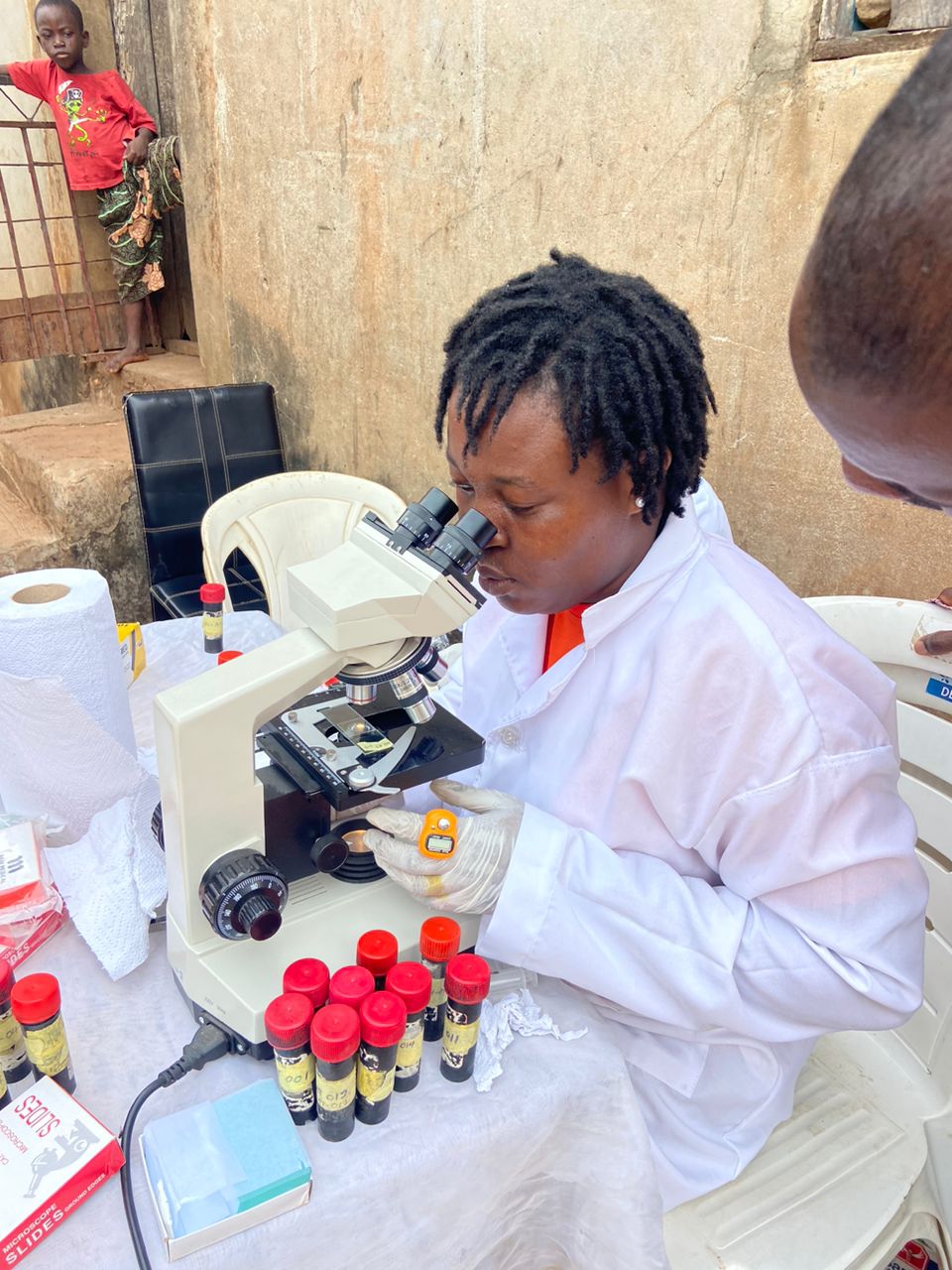In a major stride for neglected tropical disease research, Ms. Olajumoke Ibiyemi, a Senior Research Scientist at TropiManage Solutions (TROPIMS), has been awarded the 2024 Early Career Grant by the Royal Society of Tropical Medicine and Hygiene (RSTMH).
Her groundbreaking study on female genital schistosomiasis (FGS) is already transforming how scientists and health officials think about urogenital diseases in underserved Nigerian communities.
Schistosomiasis, a parasitic disease caused by blood flukes of the Schistosoma genus, is endemic in Nigeria. Among its most devastating and overlooked forms is FGS, which arises when Schistosoma haematobium eggs become lodged in the urinary and reproductive tracts of women.
The condition contributes to a cascade of health problems, including chronic pelvic inflammation, infertility, heightened susceptibility to cervical cancer, and increased risk of HIV infection. Despite its grave implications, FGS has received little global attention until now.
Ms. Ibiyemi’s research set out to change that. With the RSTMH grant, she launched a community-based study in several communities across six Local Government Areas (LGAs) in Oyo State—Ibadan North, Iseyin, Ibadan South-West, Orire, Oyo East, and Akinyele.
Across 16 rural and peri-urban communities, her team carried out detailed epidemiological mapping to determine the prevalence of FGS and its associated risk factors.
“Many studies have concentrated on other schistosomiasis-endemic regions, but Oyo State has remained understudied,” said Ms. Ibiyemi. “I saw a critical gap in data and public health knowledge—this project was my opportunity to bridge that.”
The study involved screening women and adolescent girls, surveying environmental exposure factors such as proximity to infested water sources, and conducting outreach on hygienic practices. Preliminary findings indicate a significant burden of FGS in multiple communities, which had previously gone undocumented. More importantly, the research has established a geospatial risk profile for FGS that can now inform local and national health interventions.
Public health experts have lauded the work. “Olajumoke’s contributions are not only timely but nationally significant,” said Dr. Remi Adebanjo, a tropical medicine specialist. “Her data offers government agencies the critical evidence needed to initiate targeted mass drug administration, risk reduction strategies, and educational interventions for women and girls.”
Upon completion, the research is also set to be featured in peer-reviewed journals and presented at global health conferences later this year. In recognition of her contributions, Ms. Ibiyemi has been invited to join international consortia focused on NTD surveillance and intervention modelling.
Through her innovation, research, and dedication, Ms. Ibiyemi is placing Oyo State—and Nigeria—on the global map of female genital schistosomiasis research, exemplifying how locally led, scientifically rigorous studies can address neglected diseases and reshape public health policy in Africa and beyond.






